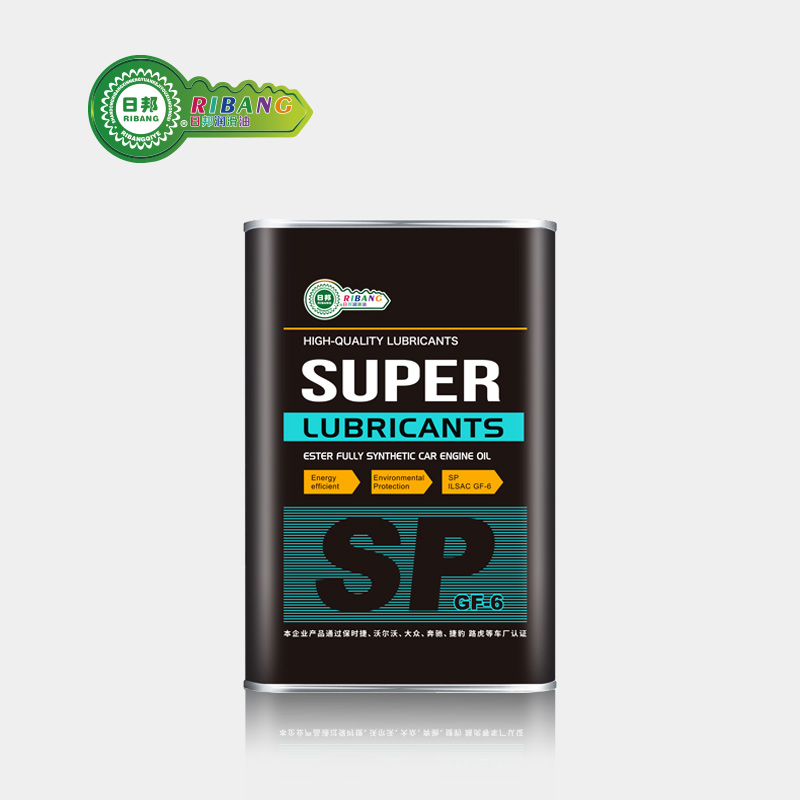Differences and Similarities between lubricating Oil and Engine oil
2024-04-28
Let's explore the differences and similarities between lubricating oil and engine oil:
Lubricating Oil:
1. Purpose: Lubricating oil is used to reduce friction between moving parts in machinery and mechanical systems. It forms a protective film between metal surfaces, preventing direct contact and reducing wear and tear.
2. Applications: Lubricating oil is used in a wide range of applications beyond internal combustion engines, including industrial machinery, gearboxes, hydraulics, compressors, turbines, and more.
3. Composition: Lubricating oils can be mineral-based, synthetic, or a blend of both. They may contain additives to enhance their lubricating properties, improve viscosity stability, resist oxidation, reduce foaming, and provide corrosion protection.
4. Viscosity: The viscosity of lubricating oil is crucial for its performance. It needs to maintain proper viscosity across a range of temperatures to ensure adequate lubrication under various operating conditions.
5. Specialized Types: There are specialized lubricating oils for specific applications, such as hydraulic oils, gear oils, compressor oils, turbine oils, and more. Each type of oil is formulated to meet the unique requirements of the equipment it lubricates.
Engine Oil:
1. Purpose: Engine oil is specifically designed for lubricating internal combustion engines. It provides lubrication to engine components such as pistons, piston rings, bearings, camshafts, and crankshafts.
2. Functions: In addition to lubrication, engine oil helps cool the engine by transferring heat away from critical components, seals piston rings to maintain compression, prevents corrosion and rust, and cleans the engine by suspending and carrying away contaminants.
3. Composition: Engine oil is typically formulated from base oils, along with additives tailored to meet the demands of internal combustion engines. These additives include detergents, dispersants, anti-wear agents, viscosity modifiers, and friction modifiers.
4. Viscosity: Engine oil viscosity is crucial for proper lubrication and engine protection. It needs to maintain viscosity within the recommended range specified by the vehicle manufacturer to ensure optimal performance and fuel efficiency.
5. Types: Engine oils come in different viscosity grades and formulations to meet the requirements of various engine types, operating conditions, and performance levels. Common types include conventional (mineral-based), synthetic, and semi-synthetic engine oils.
In summary, while both lubricating oil and engine oil serve the purpose of reducing friction and providing lubrication, engine oil is a specific type of lubricating oil formulated for use in internal combustion engines. They share similarities in composition and function but are tailored to meet the unique demands of their respective applications.



